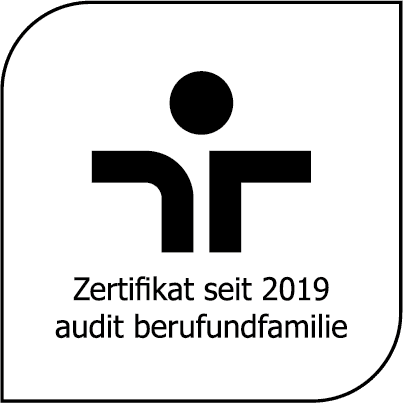Test instruments sorted
Contact person for the Open Test Archive
Gülay Karadere (Dipl.-Psych.)
Research Associate
guek@leibniz-psychology.org
VFQ-ID-R
Vienna Frailty Questionnaire for Persons with Intellectual Disabilities - Revised - deutsche Fassung
Short abstract
The VFQ-ID-R can be used to measure frailty in adults with intellectual disabilities. With 34 items, it covers the four areas (1) social life, (2) physical well-being, (3) cognitive tasks and (4) psychological well-being. Reliability: The internal consistency of the VFQ-ID-R for the entire questionnaire was Alpha = .74 (physical well-being: Alpha = .75; psychological well-being: Alpha = .57; Social life: Alpha = .47; Cognitive functions: Alpha = .41). The median of the retestreliability after four weeks achieved a characteristic value of rtt = .79. Validity: The content validity of the procedure is given due to the construction process. Its four-factorial factor structure was confirmed by a principal component analysis with Varimax rotation, whereby a variance elucidation of 64.33% was achieved. The prevalence rates of 17.7%, which are consistent with the estimates for the normal population aged 65 and over, continue to support the construct validity of the questionnaire.
Leibniz Institute for Psychology (ZPID). (2019). Open Test Archive: VFQ-ID-R. Vienna Frailty Questionnaire for Persons with Intellectual Disabilities - Revised - deutsche Fassung. Available at: https://www.testarchiv.eu/en/test/9006699
Citation
Brehmer-Rinderer, B., Zeitlinger, E. L. & Weber, G. (2014). VFQ-ID-R. Vienna Frailty Questionnaire for Persons with Intellectual Disabilities - Revised - deutsche Fassung [Verfahrensdokumentation, Fragebogen Deutsch und Englisch]. In Leibniz-Institut für Psychologie (ZPID) (Hrsg.), Open Test Archive. Trier: ZPID.
https://doi.org/10.23668/psycharchives.6597
Short information
Short Name VFQ-ID-R
English Name Vienna Frailty Questionnaire for Persons with Intellectual Disabilities - Revised - German Version
Authors Brehmer-Rinderer, B., Zeitlinger, E.L., Weber, G.
Published in Test archive 2014
Copyright/Licence Copyright Autoren; CC-BY-NC-ND 3.0
Language versions deu eng
Construct Frailty
Application age 18 years and older
Item number 34 items
Subscales (1) social life, (2) physical well-being, (3) cognitive tasks, (4) psychological well-being
Application Time 10-25 min (self-judgement); 15 min (external judgement)
Interpretation time 5-20 min.
Internal consistency: Cronbach's alpha = .74 (subscales: alpha = .41-.75). Retestreliability: Median of rtt = .79 (interval: 4 weeks).
Information on construct validity.
None.
Applications Research, Practice
Older versions
Version 1: https://doi.org/10.23668/psycharchives.434
There is no abstract in English available. Short information about the measure can be found under Overview. More can be found on the German pages.
There is no review in English available. Short information about the measure can be found under Overview. More can be found on the German pages.
First published in
Brehmer-Rinderer, B., Zeitlinger, E. L. & Weber, G. (2009). Vienna Frailty Questionnaire for Persons with Intellectual Disabilities - Revised. Gebrechlichkeitsfragebogen für erwachsene Menschen mit intellektueller Behinderung. Wien: Universität Wien, Forschungsplattform Human Rights in the European Context. PSYNDEX Dok.-Nr. 9006699
Feedback form
Feedback on the use of a procedure from the Open Test Archive of the Leibniz Institute for Psychology (ZPID) to the test author(s)
Contact information
Dr. mag. phil. Barbara Brehmer-Rinderer, Leitung Agogik, Lebenshilfe Oberösterreich, Landesleitung, Dürnauer Straße 94, AU-4840 Vöcklabruck, Österreich
Univ.-Prof. Dr. Germain Weber, Emeritus, Universität Wien, Institut für Angewandte Psychologie: Gesundheit, Entwicklung und Förderung, Liebiggasse 5, A-1010 Wien, Österreich

 Learn more about us!
Learn more about us! 
